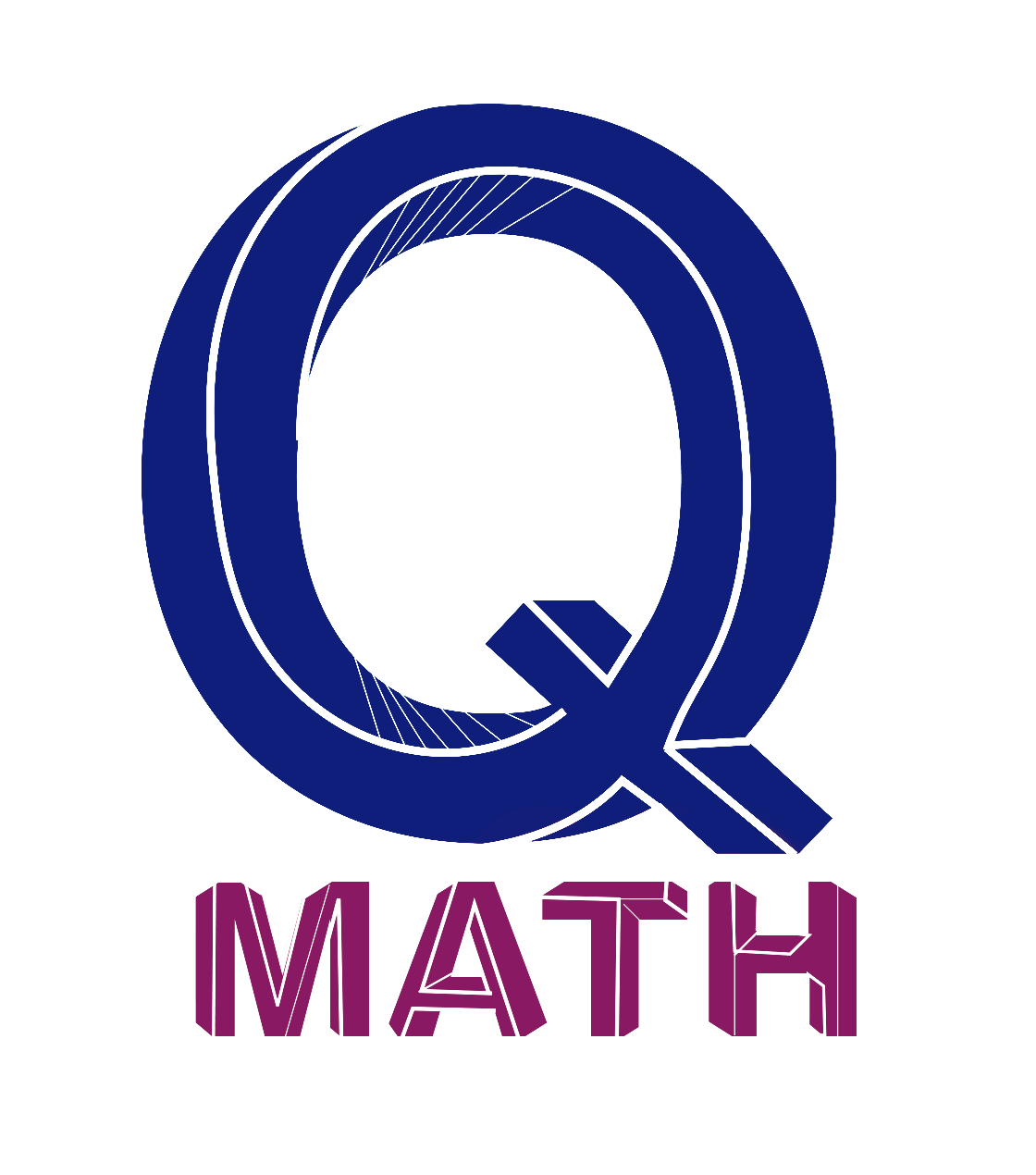Q-Math Group

Q-Math Group
The Q-Math Group is a research group hosted at Departamento de Matemáticas in Universidad Carlos III de Madrid (part of the GMACSS research line). The members of the Q-Math Group work on a wide variety of mathematical problems which are motivated by quantum theory and quantum technologies, e.g. condensed matter and many body systems, quantum control or foundational aspects of quantum mechanics. The different mathematical research backgrounds of the members of the group enrich the contributions to these topics, that are addressed from different mathematical perspectives, and help establish connections between different areas. We explore their connections with a double perspective – We look into the possible applications for the development of quantum physics but we also try to understand what new mathematics or new areas of mathematics might develop from these connections.
The Q-Math Group has several of its members affiliated to the ICMAT.
Research Lines
Quantum functional analysis and operator theory
The theory of operator algebras ($C^*$- and von Neumann algebras) is a hybrid field initiated in the 1930s by John von Neumann. This abstract construction was introduced with the aim at providing a mathematical formalism to describe the algebra of measurements of a quantum system. Since then operator algebras have developed in close relationship with fundamental aspects from various branches of mathematics including functional analysis and quantum physics and establishing many further remarkable interrelations with other seemingly distant parts of mathematics and mathematical physics. We are interested in the connection between operator algebras, functional analysis and spectral theory with their applications in quantum physics.
Some of the topics treated in this framework are:
- A groupoidal approach to quantum mechanics and quantum field theory.
- The $C^*$-algebras associated to directed graphs and thermal states on graph $C^*$-algebras.
- The dichotomy amenable/paradoxical in $C^*$-algebras and their applications to quantum physics.
- Spectral theory of differential operators on manifolds with boundary.
- Self-adjoint operators and their relation with the autonomous and non-autonomous (controlled) Schrödinger equation.
Quantum information and computation theory
Quantum information theory describes how information is processed and shared between various agents that operate under the rules of quantum mechanics. It provides the theoretical framework that underpins the development of the quantum technologies that constitute the so-called second quantum revolution. This includes quantum computers, quantum communication systems and quantum sensors that use the particularities of quantum theory to outperform in a groundbreaking way their classical analogues. This is a largely interdisciplinary area of research, that at its most mathematical side, tries, for instance, to provide tools to quantify the efficacy of the manipulation of systems using quantum resources instead of classical ones. For this it is required to develop convenient generalisations to the quantum setting of the structures needed to describe the manipulation of information.
We are in particular interested in the study of the following areas:
- Quantum resource theories. General characterization and manipulation of non-classical quantum features that could lead to some form of quantum advantage in information processing.
- Quantum information theory in networks.
- Categorical/geometrical approach to classical and quantum information theory as a unifying framework.
- Quantum Control on infinite dimensional systems. Characterisation of controllability properties and optimal control theory and their applications in quantum computation.
Multipartite quantum systems
Entanglement is a strong form of correlation displayed by multicomponent quantum systems that has no classical analogue. It plays a fundamental role in the foundations of quantum theory and it fuels quantum technologies to overcome the limitations of their classical counterparts. For instance, multipartite entanglement enables tasks such as measurement-based quantum computation, quantum secret sharing, quantum key distribution or quantum sensing. In particular, entanglement gives rise to quantum nonlocality, which refers to the incompatibility of quantum theory with local hidden variable theories as proven by John Bell in 1964 in his celebrated eponymous theorem. Precisely because of this incompatibility quantum nonlocality is an essential ingredient in quantum cryptography protocols and quantum random number generators. In addition to this, entanglement theory and quantum information theory tools have been discovered to provide profound means to understand the behavior of the ground state of quantum many-body systems in condensed matter physics. This plays a key role in the classification of phases and other properties of quantum materials.
Our research deals with the following topics:
- Entanglement and quantum nonlocality. Characterization, quantification and analysis of protocols for their manipulation.
- Mathematics of quantum spin systems on graphs and description of quantum phase transitions.
